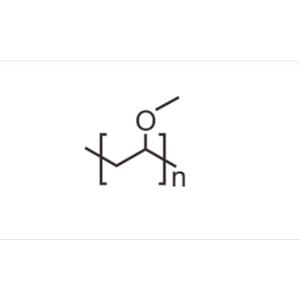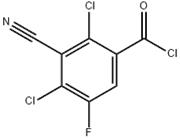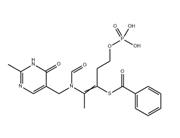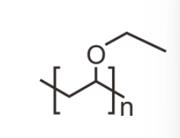PVME M 40 approx. 50% in water
Physical form Resin solution
Product specification
Non-volatile components % 50 ± 2
Apparent viscosity at 23 °C Pa · s 25 – 200
Iodine colour ≤15
Further properties
Density at 20 °C g/cm3 approx. 1.03
Glass transition temperature of the solvent-free polymer Tg (DSC) °C approx. – 49
Sensitivity to frost °C < 0
PVME M 40 approx. 70% in ethanol
Physical form Resin solution
Product specification
Non-volatile components % 70 ± 2
Apparent viscosity at 23 °C Pa · s 50 – 250
Iodine colour (DIN 6162) ≤ 15
Further properties Density at 20 °C g/cm3 approx. 0.95
Glass transition temperature of the solvent-free polymer Tg (DSC) °C approx. – 49
Flash point °C < approx. 11
Traces of insoluble matter may be present. These can be removed only
from highly diluted solutions by filtration.
Solubility PVME M 40 is soluble in water, alcohols, glycols, esters, glycol esters,
aromatic and chlorinated hydrocarbons. It is not soluble in aliphatic
hydrocarbons.
Compatibility The PVME M 40 grades are homogeneously miscible with hard resins
(modified and unmodified natural resins, Laropal® K 80 and Laropal A 81),
cellulose nitrate, Acronal® 4 F, Acronal 4 L, Acronal 700 L, plasticisers
(the Palatinol® grades).
Resistance towards
Acids
Diluted mineral acids and organic acids do not attack PVME M 40.
More concentrated mineral acids cause crosslinking or degradation. As
with acidic resins, these can give rise to a red-brown discoloration.
Alkalis PVME M 40 is not attacked by alkalis.
Light Prolonged exposure to light can reduce the viscosity of solutions of PVME M 40.
Heat Prolonged exposure to temperatures exceeding 80 °C can adversely affect
Lutonal M 40, unless a stabiliser has been added.


 China
China

